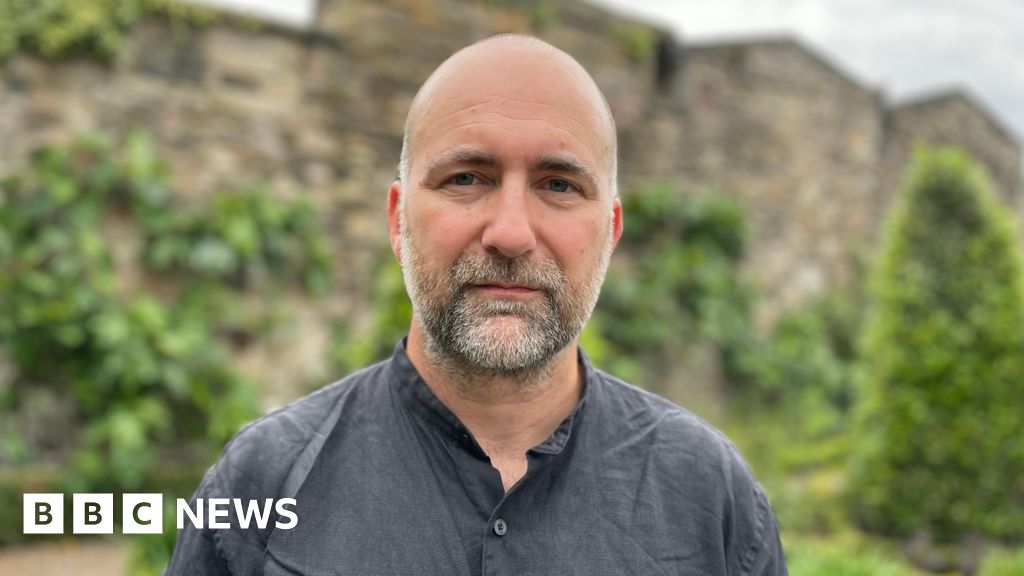Top executives from Silicon Valley Bank and Signature Bank were quizzed by US lawmakers on Tuesday after the lenders’ failures triggered a US regional banking crisis, with a senior US senator accusing them of prioritising profits over the safety of their customers’ deposits.
“Why did you let things get this bad? Why did you ignore admonitions from regulators?” said Sherrod Brown, the Democratic chair of the Senate banking committee. “There is a simple answer — the same answer we find to most questions about big banks’ failures: because the executives were getting rich.”
Senators spoke at a hearing convened to examine the failures of SVB and Signature in early March, which shook confidence in US regional lenders and led to the collapse of First Republic last month. A separate hearing in the House addressed oversight of US bank regulators.
Seated as Senate witnesses were Greg Becker, SVB’s former chief executive, along with Scott Shay, former chair at Signature Bank and Eric Howell, Signature’s former president.
“We took risk management seriously,” said Becker, who was making his first public appearance since the collapse of SVB.
In his written testimony released on Monday prior to the hearing, Becker blamed an “unprecedented” run on deposits fuelled by “rumours and misconceptions” for the collapse of the lender.
Senator Tim Scott of South Carolina, the top Republican on the banking committee, said it was “hard to believe” Becker’s defence that the bank took risk management seriously.
The root cause of California-based SVB’s eventual failure was its decision to invest a rush of deposits from tech companies and venture capital firms in a securities portfolio consisting mostly of long-dated US debt and mortgage bonds. These investments fell in value when the Federal Reserve started to raise interest rates last year.
The decision to sell a chunk of its securities at a $1.8bn loss based on what Becker claimed was advice from Goldman spooked investors and depositors, triggering a bank run and leaving the bank struggling to raise fresh capital.
New York-based Signature was seized by regulators days after SVB was shut down. The bank had more than doubled its deposits by 2022 by being one of the few lenders to accept funds from clients involved in cryptocurrencies.
In the House on Tuesday, Republicans criticised regulators and Joe Biden’s administration for threatening the health of the financial system by readying new rules and restrictions for lenders already under stress.
Patrick McHenry, chair of the House financial services committee, blamed the Fed for being too slow to react to soaring inflation, causing it to rapidly raise interest rates over the past year, which he said “injected heightened interest rate risks into the financial system”.
McHenry lambasted Michael Barr, the Fed’s vice-chair for supervision, for his support of greater regulatory and supervisory scrutiny of mid-sized banks. Those changes would gut the banking system, McHenry said, leaving too big to fail banks on one end and on the other, a “scattering of very small banks relying on government subsidies to survive”.
“You have signalled your desire to go beyond reviewing supervisory failures that contributed to the recent bank failures,” he said to Barr. “You have used this crisis to justify progressives’ long-held priority to increase capital requirements and impose more regulations on banks.”
Credit: Source link











